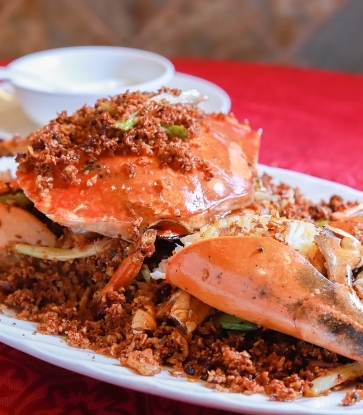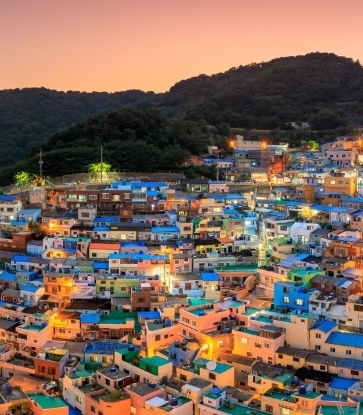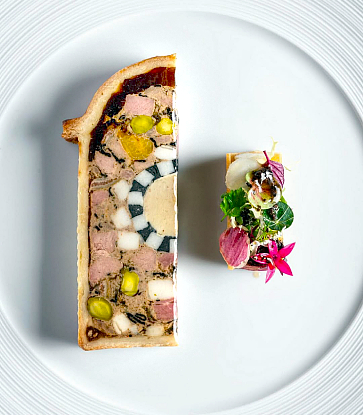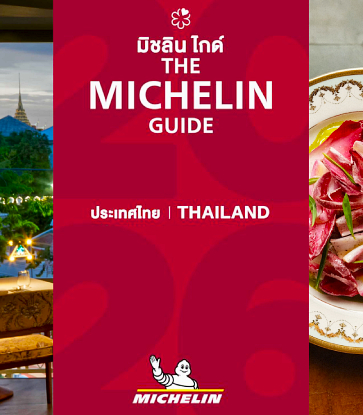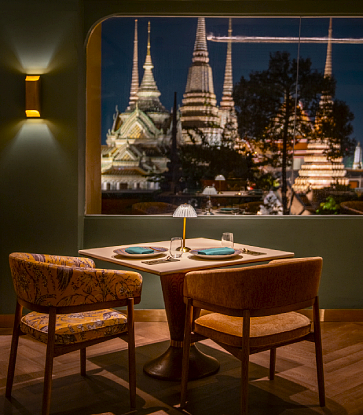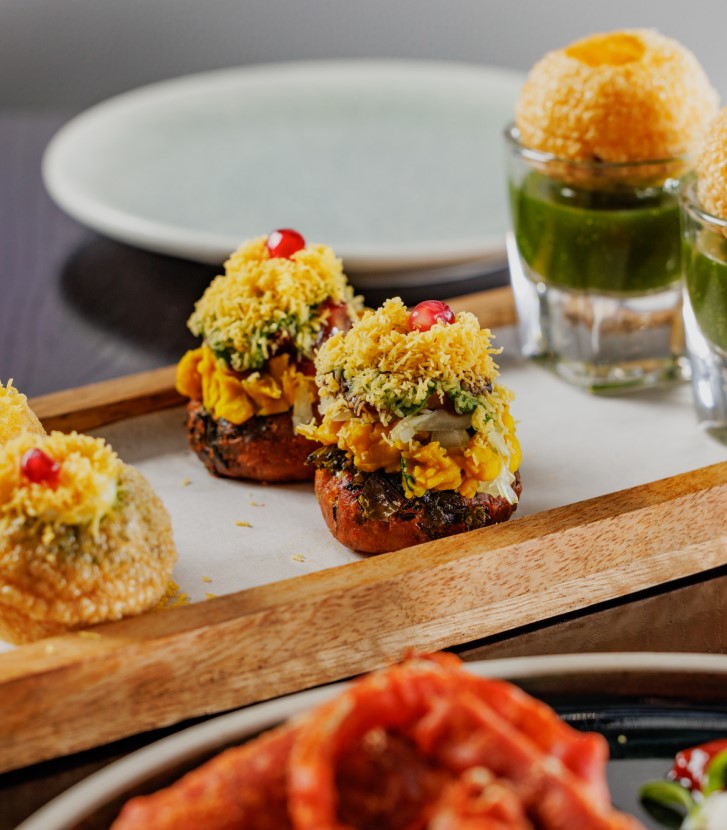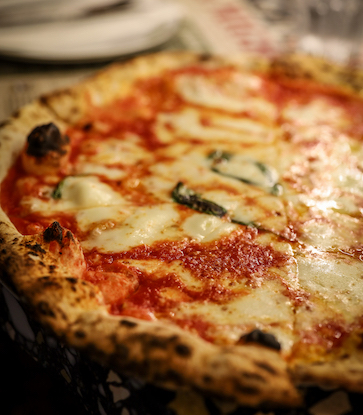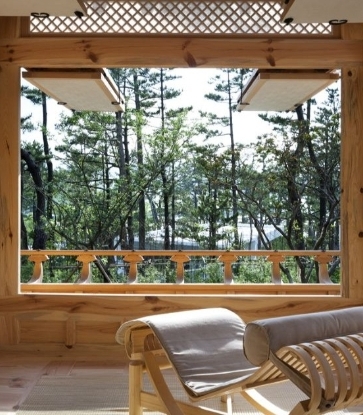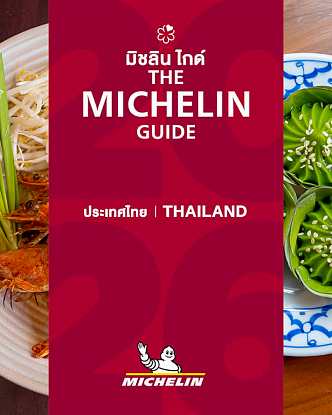The impact of the novel coronavirus has been nothing short of seismic.
Within weeks of the appearance of the mystery virus in January 2020, the world went into lockdown, starting with Mainland China, where the pathogen was first detected, and Hong Kong, where it quickly spread. While every industry has been affected, travel has been especially hard hit. Following years of record traveller numbers, tourism came to a juddering halt.
At its peak in January 2019, Hong Kong received nearly 6.8 million visitors a month, 5.5 million of which came from Mainland China. By January 2020, the number of monthly visitors more than halved to 3.2 million people, a decline exacerbated by mass protests in the city since mid-2019. By March 2020, when borders closed, visitor numbers plummeted by 99 percent to just 82,000 visitors for the month compared to a year ago.
At its lowest point, many hotels in Mainland China shuttered temporarily, while occupancy sunk to single digits in Hong Kong. “Covid-19 presents us with some of the most unpredictable and challenging scenarios we’ve encountered in our lifetime,” says Jill Goh, general manager of The Landmark Mandarin Oriental, Hong Kong.
Although the situation is improving, Goh remains cautious about making predictions: “[While] everyone looks forward to an improvement in the situation, it is too early to speculate regarding future trends and demographics.” With the region among the first worldwide to slowly reopen for business, hotels are grappling with what guests may want and expect once they resume travelling, and several trends are already emerging.

Building trust through enhanced health and safety procedures
In the short term, health and safety remain top of mind for travellers. To assuage concerns, a number of luxury chains have embarked on campaigns to reassure guests by partnering with respected healthcare institutions. Among the highest profile is Lead With Care, a collaboration between Four Seasons Hotels & Resorts and Johns Hopkins Medicine International to roll out an enhanced health and safety programme across all its properties. When the programme was announced on social media, it was easily the most liked Four Seasons Instagram post compared to the previous three months.

Bill Taylor, regional vice president and general manager of the Four Seasons Hotel Hong Kong says: “Our experience here has unequivocally proven that guests quickly recognise and fully appreciate additional health and hygiene measures that have been put in place, whether it be increased sanitation, temperature checks, social distancing protocols, or supplying and wearing face masks and gloves to guests and staff.”
Implicit in this is the need to build confidence and trust among consumers looking to travel again. Taylor further predicts: "People are going to be cautious and they will gravitate towards choice of location, experiences and particularly brands that they trust.” In uncertain times, name recognition will be an advantage in enticing guests to stay.
IHG Hotels & Resorts, which includes InterContinental properties, issued its Clean Promise, a set of updated hygiene protocols developed in partnership with medical and cleaning specialists the Cleveland Clinic, Ecolab and Diversey. The protocols cover all hotel areas, including reception, meeting rooms, swimming pools, fitness centres, food and beverage outlets and other public spaces. “Safety and quality become more important factors when consumers make booking decisions. Hotel brands that are consistently reliable for safety and hygiene standards and excellent guest experiences will be their preferred choice,” says Jolyon Bulley, CEO, IHG Greater China.
The rise of domestic markets and staycations
With international travel off the cards for much of 2020, hotels will be relying on local guests for revenue. Dean Winter, managing director of Swire Hotels, sees this as an opportunity for hotels to be creative and tap into pent-up demand.

Says Winter (pictured): "There are many international (expatriate) families who would have gone away during summer, who are likely to want to staycation, as well as a local population looking for weekend stays that wouldn’t have done so before.” These people – professional middle class families – will still be seeking rest and recreation during the traditional holiday months. “We look at this favourably as these potential guests are new to the brand and we can expose them to the Swire experience,” says Winter.
The return of the domestic market is already evident in Mainland China, with Winter reporting significant uptick in bookings from a wide spectrum of wealthy local and regional Chinese travellers, in particular for Temple House in Chengdu and Middle House in Shanghai.
IHG reports similar positive signs in Mainland China. “While uncertainties of Covid-19 are not completely gone, shorter trips to local or nearby destinations are more popular,” says Jolyon Bulley, with its hotels achieving the highest occupancy levels since January 2020 during the May holiday period, after the lockdown had been lifted. “After staying at home for such a long time, people want to go out and spend quality time with their friends and family, pampering themselves at a luxury hotel or resort,” he adds.
Ultimately, hotels look forward to the return of international travellers, with Bill Taylor from Four Seasons predicting that “Hong Kong will continue to be a choice destination for travellers around the world for bleisure (business and leisure) travel, shopping, dining, and enjoying the nature that the city is blessed with.”
Renovations, redesigns and retraining
Several hotels are taking the opportunity to renovate and introduce new concepts. While such works have been in the pipeline before the appearance of Covid-19, the slowdown has taken some pressure off rushing to complete projects. Four Seasons Hong Kong’s popular Blue Bar has closed for renovations, and will reopen with a brand new concept at a date to be confirmed. The Opposite House in Beijing is completing an upgrade of its food and beverage outlets, including the launch of Superfly, a casual noodle and rice-focused restaurant targeted at a younger, high-disposable income crowd. The hotel will also begin renovating its rooms in late-2020.
When asked if design elements will be altered because of the virus, Dean Winter says the changes will occur more around hygiene than design: “We won’t be installing different gel washes in rooms or using different bed linens that purport to repel viruses, or changing door handles and faucets.” What international guests may notice, when they return to Swire Hotels’ Mainland China properties, is a higher standard of English spoken by staff, as they were provided with additional language training during the down time.
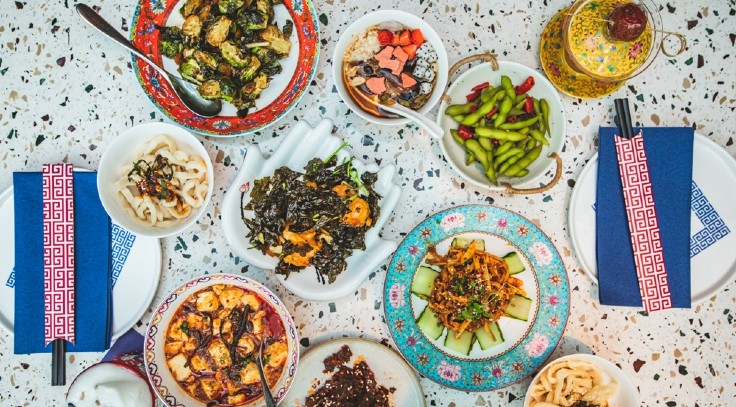
A return to normalcy?
Although Covid-19 has created great uncertainty, there is a sense of optimism in the longer-term. Jolyon Bulley believes that “the desire to make real connections with each other is part of human nature". He explains: "The world is meant to be explored. Business meetings and events need to be conducted.” Increasing disposable income of China’s residents and improvements in tourism infrastructure will also drive market demand. Bulley adds that while there are “some changes in how our guests plan and take their trips under current circumstances, these are not fundamental ones.”
Dean Winter is equally optimistic. He believes that there will be Covid-19 fatigue among travellers, who will want things to return to as close to normal as possible by 2021. Hong Kong and Mainland China have been more successful at containing the virus than other parts of the world, and he cites the experience with the SARS outbreak in 2003 as an example of people’s resilience and ability to return to normalcy after a traumatic event.
Winter also believes that longer term, there will continue to be personal interaction between staff and guests in luxury hotels, though employees may initially keep some distance. “If people are paying for luxury then there will be an expectation of human interaction at the front desk, concierge or restaurant, and things will go back to normal.”





